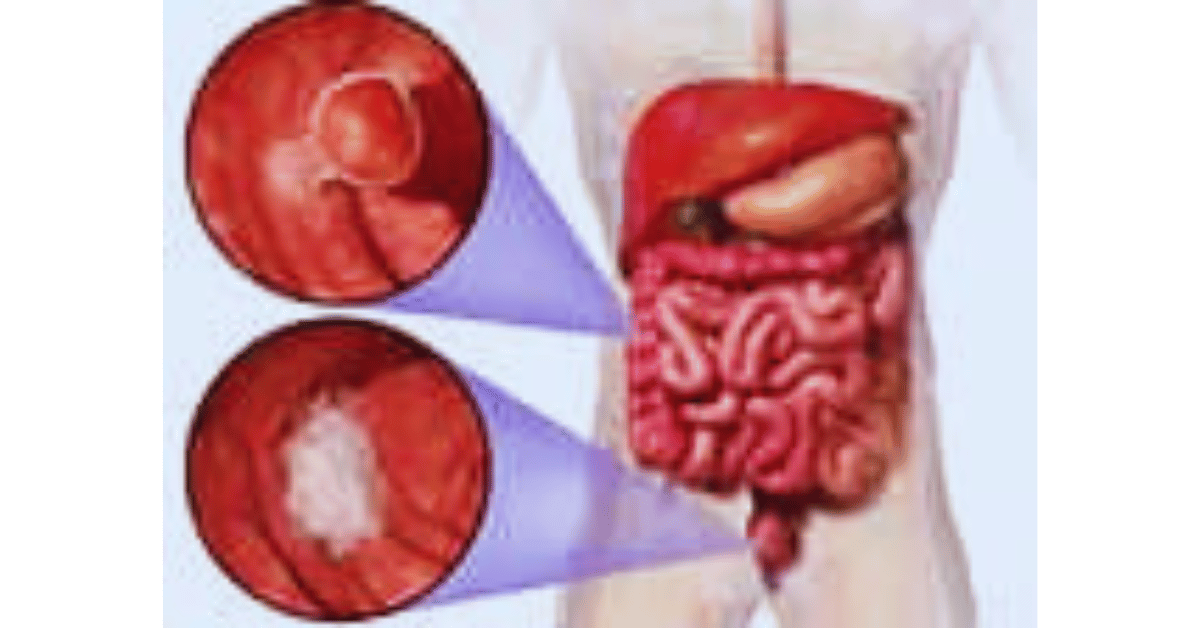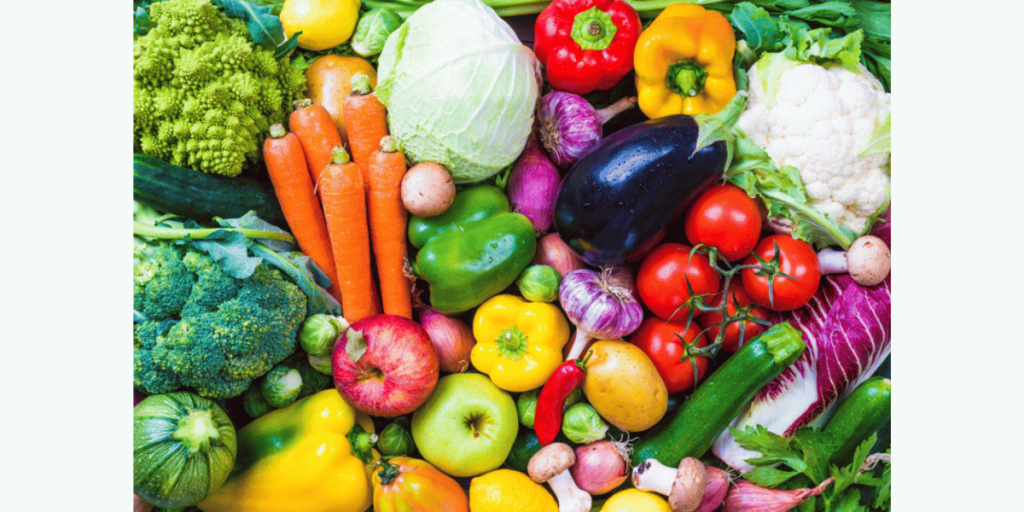The Power of Plant-Based Foods in Colorectal Cancer Treatment.

Introduction
Colorectal Cancer (CRC) is a term including colon and rectum cancers. It is a prevalent and life-threatening disease.
There is an increasing number of cases diagnosed worldwide. Researchers and healthcare professionals are continuously exploring innovative approaches to prevention and treatment.
The World Health Organization (WHO) places it third among the most common cancers worldwide. WHO also considers CRC the second leading cause of cancer-related deaths worldwide.
In South Africa, colorectal cancer is among the top three cancers for both men and women. It is second to prostate cancer in men.
In South Africa, the diagnosis of colorectal cancer is 1 in 77 males. And it is 1 in 32 females, as the National Register (2019) indicates.
One such promising avenue is the incorporation of plant-based foods into the diet.
This article explores the vital role of plant-based foods in treating colorectal cancer. It also investigates what colorectal cancer is and its common signs and symptoms.
Understanding Colorectal Cancer
Colorectal Cancer is a health condition in which cells grow out of control. A person with CRC develops abnormal growths, called polyps, that form in the colon or rectum. These polyps can become cancerous over time.
When left untreated, these cancer cells can invade surrounding tissues. And they can spread to other parts of the body. This invasion of different body parts can lead to complications.
Genetics and other factors play a role in its development. Diet significantly determines colorectal cancer.
But what are the symptoms of colorectal cancer?
Colorectal Cancer Treatments

Pexels/Tima Miroshnichenko
The following are the symptoms of colorectal cancer:
- Changes in Bowel Habits: A person experiences persistent diarrhoea or constipation. This situation can show colorectal issues.
- Blood in Faeces: Blood in the stool or rectal bleeding is a common symptom. An immediate evaluation is necessary.
- Abdominal Discomfort: When one experiences cramps, gas, or pain in the abdomen. These symptoms can be indicative of colorectal problems.
- Unexplained Weight Loss: A quick weight loss can show the risk of colorectal cancer.
- Fatigue: When one experiences unexplained tiredness, weakness, or general malaise. This phenomenon may occur in colorectal cancer patients.
The Risk Factors of Colorectal Cancer

These are:
- Age: Colorectal cancer is prevalent among people over 50 years old. Recent research shows this cancer is rising among young people.
- Family History: When there is a history of colorectal cancer or polyps in the family. You are at a higher risk.
- Genetic Factors: Genetic syndromes like Lynch syndrome predispose individuals to colorectal cancer.
- Diet: Eating foods high in processed meats and red meats. Also, food low in fibre can increase the risk.
- Factors that Affect Your Lifestyle: Lack of physical activity. Obesity, alcohol consumption, and smoking increase colorectal cancer risk.
- Diabetes: People with type 2 diabetes may have a higher risk.
Plant-Based Foods and Colorectal Cancer

Plant-based foods show their potential to reduce the risk of this type of cancer.
Plant-based foods have a high content of vitamins, minerals, antioxidants, and phytochemicals.
These compounds have various anti-cancer properties. These anti-cancer properties inhibit the growth of cancer cells. They also reduce inflammation and support the body’s ability to detoxify naturally.
The healing power of plant-based foods in treating colorectal cancer is a promising area of research. And is a topic of growing interest in the medical community.
Here are some ways in which plant-based foods can help treat colorectal cancer.
Anti-inflammatory Properties
Many plant-based foods have anti-inflammatory properties. This is due to their high content of antioxidants and other bioactive compounds.
Chronic inflammation in the body leads to the development and progression of cancer.
Plant-based foods’ anti-inflammatory properties help to reduce inflammation. So this lowers the risk of cancer cell growth.
High Fibre Content
Plant-based diets are typically rich in dietary fibre. Fibre helps in regular bowel movements and can help prevent constipation.
Fibre also has a protective effect. Fibre dilutes potential carcinogens in the colon. It also promotes the growth of beneficial gut bacteria.
Rich in Antioxidants
Fruits and vegetables contain antioxidants. Antioxidants such as vitamins A, C, and E. Also contain phytochemicals like flavonoids and carotenoids. These antioxidants help the protection of cells from damage caused by free radicals.
These compounds help neutralise harmful free radicals in the body. Potentially reducing cancer risk.
Phytochemicals and Polyphenols
Phytochemicals and polyphenols in plant-based foods have anti-cancer effects.
Sulforaphane in cruciferous vegetables like broccoli and kale. Sulforaphane can stop the growth of cancer cells, including those in colorectal cancer.
Microbiota Balance
A plant-based diet promotes healthy gut microbiota. Microbiota balance is necessary for health, including a well-functioning immune system. Research shows that a balanced and diverse gut microbiota reduces the risk of colorectal cancer. It can also improve the effectiveness of cancer treatments.
Weight Control
Plant-based foods contain low calories and saturated fats. Plant-based foods are, thus, conducive to maintaining a healthy weight.
Obesity is the key risk factor for colorectal cancer. Plant-based foods can help manage weight. And reduce the risk associated with excess body weight.
Supportive Role in Cancer Therapy
Plant-based foods can complement cancer treatments like chemotherapy and radiation therapy.
They provide essential nutrients to support the immune system. Plant-based foods also help mitigate the side effects of cancer treatments. And improve cancer patients’ quality of life.
Conclusion
The ability to reduce inflammation is the healing power of plant-based foods. It also provides essential nutrients. Supports gut health and exerts anti-cancer effects through various compounds.
There is a need for more research in this field. The current evidence strongly suggests that incorporating a plant-based diet can be valuable. It is a promising approach to preventing and treating colorectal cancer.
Consult a registered dietician or health care professional for personalised dietary requirements. Guidance is critical for your dietary needs.

1 thought on “The Power of Plant-Based Foods in Colorectal Cancer Treatment.”